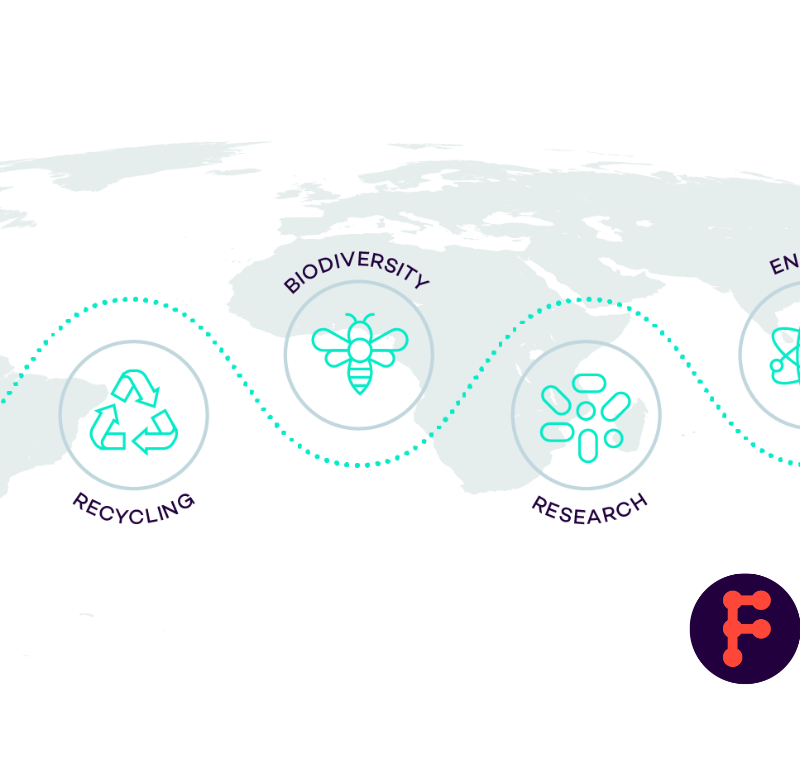Digital publishers vs big technology platforms
Digital publishing over the last 5-10 years has changed significantly. The publishing world began with a simple model; to produce content for readers whether that be online or offline. Today the general view is that the big technology platforms “are leading the innovation, if a big tech firm decides something is important, publishers bend towards whatever that is.”. These platforms have access to the audience and many of this audience have become more loyal to their channels than to the news brands.

Challenge: Acquiring the right audience
In our Q4 survey one of the main challenges that publishing houses are facing when working with these big tech platforms is lack of data about audience viewing content; of which 71.43 per cent attendees agreed with. Additionally, In a recent article in June 2016 for Columbia Journalism Review ‘Who owns the news consumer: Social media platforms or publishers?’, Emily Bell states that publishers’ anxieties include a lack of data, loss of control, the uncertainty of financial return, and the potential obscurity of their brand in a distributed environment. From our roundtable it is evident that this is still the case.
Although 71.43 per cent of the attendees felt there was lack of data about audience when working with these big technology platforms, 100 per cent of attendees agreed that the main opportunity gained from big technology platforms is the access to wider audience. As such “We are increasingly looking at them as the first step for new customer engagement, the “top of the funnel” that drives more loyal usage and then potentially subscription. The big question for the immediate future is where the more loyal usage occurs – on our site or theirs?”.
Challenge: Brand obscurity
The second main challenge brought up by attendees is the lack of differentiation between publishers as brands – 71.43 per cent, which was also recognised by Emily Bell back in June 2016. It seems that trying to achieve acquisition of new customers doesn’t come at a cheap price as those publishing their content on several platforms without strategies in place will diminish the brands value.
For some digital publishers with over 200 subsidiary sites this is less of an issue as specific branding is not at the forefront of the strategy. However, for a more specific publishing house with a strong reputation, brand image and loyal customer base, maintaining their reputation is crucial for the organisations success. That being said, this particular organisation has yet to ‘jump into bed’ with a big technology platform, and for good reason.
Monetisation and strategic thinking
As there is no ‘one size fits all model’ publishers needs to adopt strategies that work well for their businesses and brands. For our Q4 survey the three top platforms being utilised are as follows:
- Apple News – 71.43 per cent
- Facebook Instant Articles – 71.43 per cent
- Google News – 42.86 per cent
Yet it was noted by most attendees that Facebook is at the forefront, and delivering the highest revenue for the publishers.
The “biggest issue is that most digital money is going into Facebook and Google rather than publishers.” as naturally when people look at ads on the brands site they make a lot more money than users coming through Facebook. In saying that up to 40 per cent of traffic comes from Facebook which can generate millions and millions of pounds for publishers. Ultimately “They have become something that the business relies upon, leaving publishers open to losing control to the big tech firms.”
Arriving at an equilibrium
“Referral traffic from these sources is key to survival, and is increasing above organic at a fast rate. Publishers have become dependent on it and have to build sites that are optimised around them.” And thus 100 per cent of respondents said that the big tech platforms hold the power over the publishing organisations.
Although this industry is yet to know where they stand in the future it was stated in the Digital Publishing Breakfast Roundtable that “this equilibrium will occur eventually”. 66.67 per cent of our roundtable attendees see the big technology platforms as a competitive advantage and a competitor. “Whilst going down these routes generates much needed revenue, there are issues around performance, user experience, and data leakage.”.
Looking forward to 2017
What publishers are thinking about for the coming year:
● Exploring new digital formats for growth: Chat apps, Virtual reality, Artificial intelligence
● Mobile optimisation
● How to scale growth while maintaining editorial rapport
● How to convert print-dependant readers to digital, and digital customers to mobile
More like this
Successful strategies for news organisations revealed in Reuters Institute report
Why should modern media companies look outside news businesses for revenue opportunities?
‘Facebook is the best app for news’: Publishers are still way behind in mobile









